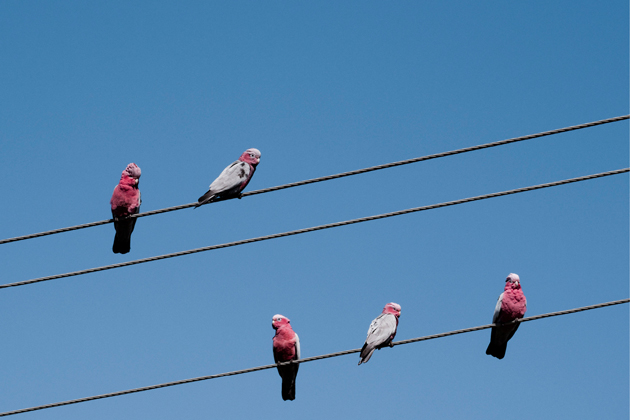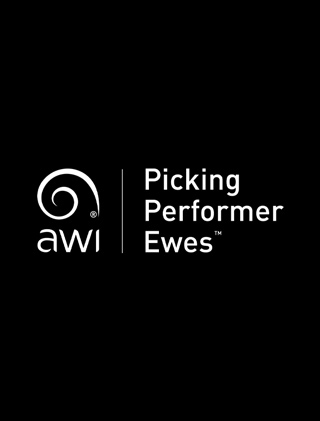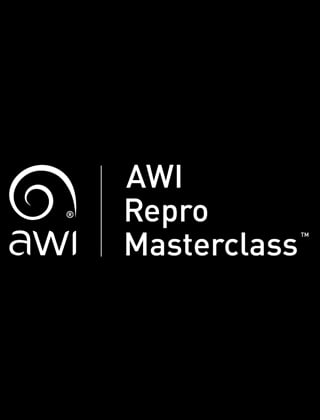Education, Extension and Promotion
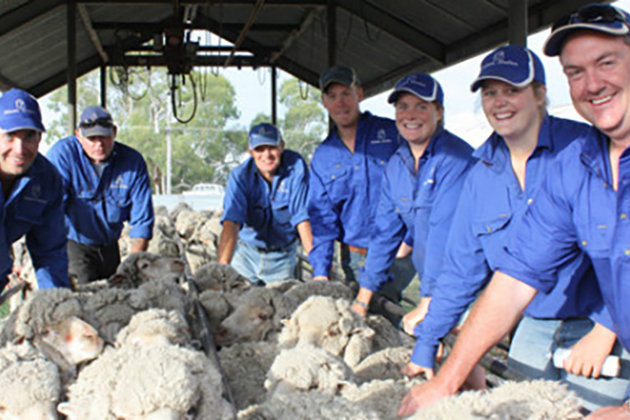
Provision of information and extension activities in best practice flystrike management across the wool supply chain.
Education, Extension and Promotion is one of the pillars of the Flystrike RDEEC Plan. It has an aim of “adoption of best practice strategies to improve lifetime welfare of sheep, reduce reliance on mulesing and support transparency in the supply chain”.
Australian woolgrowers operate under a wide range of sheep type, environment and farm business priorities. The breech flystrike causal web highlights the complexities of the task Australian woolgrowers face with respect to managing this significant disease and the challenges involved in identifying solutions that meet the diverse range of sheep type, environment and farm business priorities under which they operate. Accordingly, Australia’s woolgrowers have adopted a complex integrated pest management approach to reducing the risk of flystrike to ensure the best lifetime welfare of their sheep. Along with best practice mulesing, key flystrike management tools utilised to reduce the risk of flystrike on-farm, include:
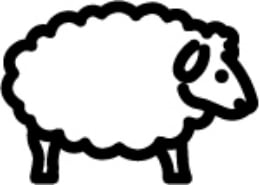
Short optimal timing of lambing periods to support improved management
![]()
Breeding for low wrinkle, low dags, low urine stain, low breech wool cover, low fleece rot and poll
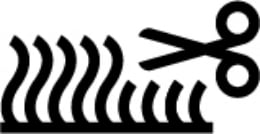
Strategic timing of shearing and crutching
![]()
Judicious use of flystrike prevention chemical treatments
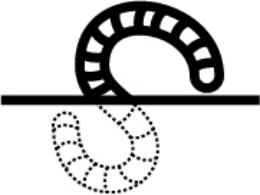
Worm and dag management
Moving to a non-mulesed enterprise involves rebalancing these tools. However, as improving the lifetime welfare of sheep has been a long-time, heartfelt goal for all woolgrowers, many continue to strongly believe that mulesing remains the most effective tool for achieving that vision on their property.
Woolgrower confidence in returning to a non-mulesed Merino enterprise requires evidence and confidence on-farm in the existing tools and along the supply chain regarding improved lifetime welfare, sustainability, demand and business viability. Influences on-farm and across the supply chain, since mulesing was slowly but widely adopted, that will impact on woolgrower decisions whether to continue to mules or not, include:
- confidence in the emerging Merino types that are increasingly productive and naturally resistant to flystrike;
- continued access to effective long-acting worm and flystrike control chemicals (including addressing recent concerns over the length of protection they offer as parasite resistance to these chemical increases);
- ability to effectively manage sheep on highly productive improved pastures;
- the lower levels of on-farm labour;
- the increasing supply chain requests for transparency regarding on-farm husbandry and animal welfare practices and balancing the mixed messages from price premiums on offer for non-mulesed wool and price discounts for unmulesed sheep.
- Emerging supply chain requests for traceability of product back to farm.
AWI is responsible for ensuring woolgrowers and their advisors have access to best practice information and support to meet a wide range of management options for improved lifetime welfare of sheep, and that domestic and international stakeholders are aware of, and understand, best practice management of flystrike and the welfare implications.
Develop and implement education, training and extension strategies to improve lifetime welfare of sheep
AWI ensures education, training and extension resources are readily available to woolgrowers wanting to more efficiently select and breed naturally flystrike resistant, profitable sheep; to reduce the reliance on mulesing, and for managing the risk of flystrike. Some examples of these resources follow.
- AWI Extension Networks (Leading Sheep Qld; Sheep Connect NSW; Best Wool Best Lamb VIC; Sheep Connect TAS, Sheep Connect SA, The Sheep’s Back WA) to deliver training programs and events for woolgrowers at a regional level
- Lifetime Ewe Management training program
- ParaBoss (including FlyBoss, WormBoss and LiceBoss and the ParaBoss facebook page)
- Merino Lifetime Productivity Project
- Control of feral animals including wild dogs, feral pigs, rabbits and foxes
- Information on managing footrot
- Making More from Sheep
- Sheep Classing Workshops
- Introduction to Stockmanship Training
- Training in best practice shearing
- AWI Practical Workshops
- Picking Performer Ewes
- Winning With Weaners
- Ramping Up Repro
- Foundations of Sheep and Wool Production
- Regular articles in the AWI Beyond the Bale magazine
- MERINOSELECT
- Resources on the AWI Website (including under wool.com/sheep/welfare/breech-flystrike):
- Project updates and final project reports (including on Vaccines, Genomics, Flystrike Causal Web, Rate of Genetic Gain, Insecticide Resistance)
- Factsheet – Anaesthetics and Analgesics at Lamb Marking
- Training Guide - Plan, Prepare and Conduct Best Practice for Sheep Husbandry Procedures, Mar 2020
- Dealing with Dags Factsheet
- Planning for a Non Mulesed Merino Enterprise
- Past RD&E Technical Updates (2008, 2010, 2012, 2014, 2016 and 2018)
- RD&E Project Summary Reports (2020)
- Link to Australian Animal Welfare Standards and Guidelines for Sheep
- Managing Breech Flystrike Manual.
- AWI Social Media Channels including The Yarn podcast wool.com/about-awi/media-resources/the-yarn-podcast and Facebook www.facebook.com/AustralianWoolInnovation.
Course content for AWI Flystrike Workshops is currently being reviewed and updated, and communication and extension resources from current or recently completed RD&E projects are continually under development.
Monitor, evaluate and improve the success of education, training and extension activities
Regular monitoring and evaluation of woolgrower adoption of best practice recommendations to improve lifetime welfare of sheep is undertaken to ensure AWI’s education, training and extension resources are contributing to improved animal health and welfare outcomes. Key activities include:
- On-going woolgrower surveys, including:
- 2017 AWI Merino Husbandry Survey
- 2019 Benchmarking Australian Sheep Parasite Control Survey (following from 2012 and 2007)
- AWI Strategic Plan Monitoring and Evaluation Surveys
- AWI/MLA Wool and Lamb Forecasting Surveys
- AWI Shareholder (Woolgrower) Surveys
- AWEX National Wool Declaration; rates of adoption, premiums and discounts.
- Consultation via the AWI Woolgrower Consultation Panel and larger AWI Woolgrower Consultation Group
- Consultation with range of Breeder Groups and Associations
- AWI AVA and Genetic Reviews of the Flystrike RDEEC program.
Engagement with woolgrower advisors
Engaging with industry advisors, to both ensure they have the latest in best practice information to assist woolgrowers in improving the lifetime welfare of sheep, as well as to receive feedback on potential improvements to AWI’s education, training and extension resources, is a critical component of this pillar. Key activities in this area include:
- Development of resources for woolgrower advisors, such as the Dealing with Dags Advisor Manual
- Regular presentations and/or webinars to industry advisor groups providing updates on AWI research program outcomes
- AWI Wool Broker Forums
- Biennial AWI Flystrike RD&E Forum
- ParaBoss Technical Committee and online forum
- Sheep Genetics
Engagement with domestic and international stakeholders
AWI regularly engages with domestic and international stakeholders to ensure they understand best practice management of flystrike and the welfare implications. This includes:
- Provision of reports from external reviews of the AWI flystrike RDEEC program, the most recent AVA Audit Report and independent Genetic Review Report.
- Regular AWI Animal Welfare Forum, which is an opportunity for key animal welfare groups to meet researchers involved in the flystrike RDEEC program and discuss project outcomes. Animal welfare groups that attend the forum include RSPCA Australia, RSPCA Victoria, RSPCA NSW, Animals Australia, Four Paws in Australia and The Humane Society International - Australia.
- Biennial AWI Flystrike RD&E Forum.
- Regular engagement with international and domestic brands and retailers by the Woolmark Regional Managers, both within Australia and internationally.






